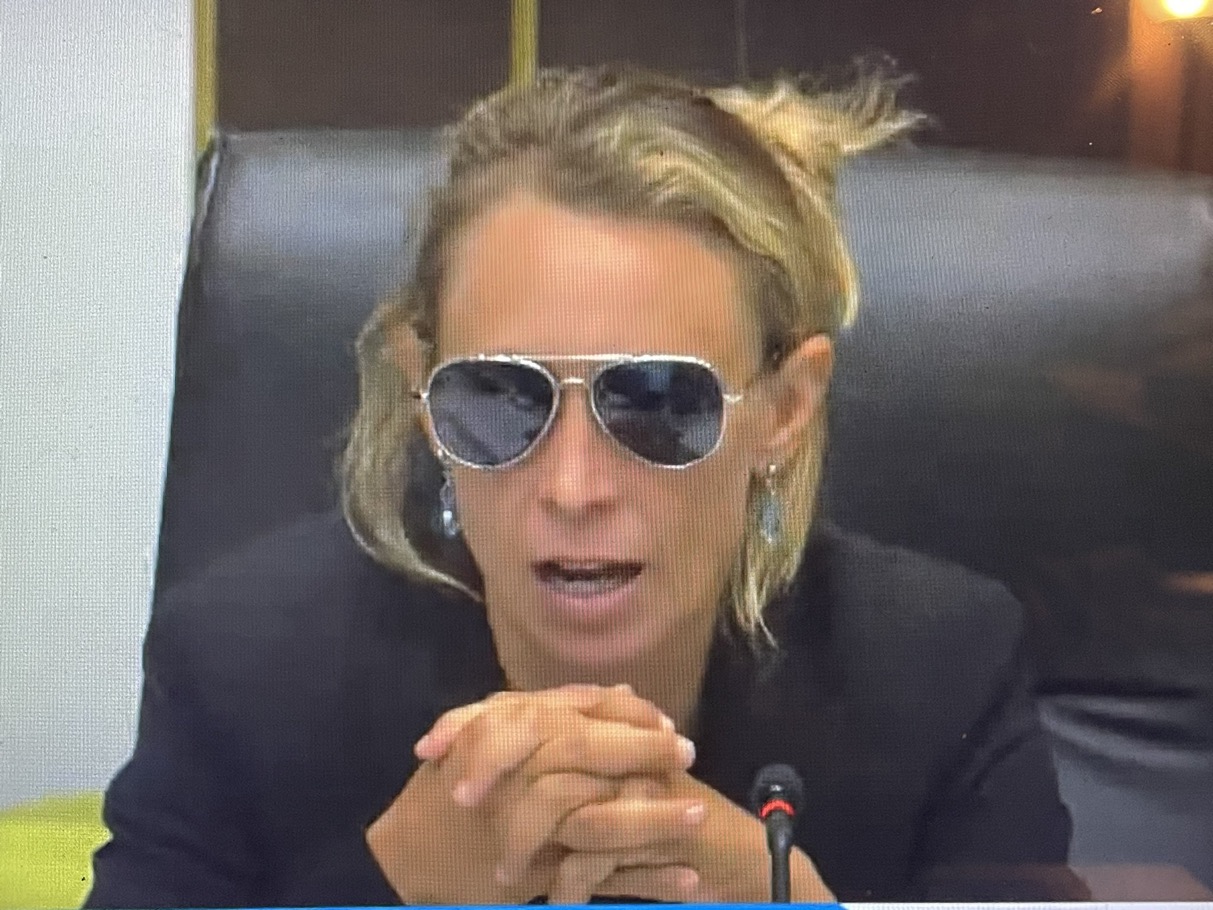San Diego County Supervisor Terra Lawson-Remer has long fashioned herself as a champion for working families, affordable housing, and economic justice. She often speaks out about creating a more fair and equitable future for San Diegans. As more details of her record emerge, critics argue that Lawson-Remer’s actions contradict the values she claims to represent.
Despite earning an eye-popping $280,000 per year—far more than the average San Diegan—Lawson-Remer has faced increasing scrutiny for her spotty attendance at County Board of Supervisors meetings. In fact, she has missed more meetings than all the other supervisors combined. During critical votes on homelessness, housing, and public safety, her chair often sits empty, depriving her constituents of a voice on issues that affect most to their day-to-day lives.
Constituents and political observers alike are starting to ask tough questions: How can someone who is paid so well to represent her district—an income that puts her far above many of the families she claims to support—simply not show up to work? Worse, while the County grapples with a growing homelessness crisis, her response has been tepid at best, often deflecting responsibility and offering the same tired excuse: “Let someone else deal with it.”
The homelessness crisis has spiraled out of control under her watch with encampments swelling across San Diego. At a time when decisive action and leadership are desperately needed, Lawson-Remer has largely been absent—both figuratively and literally. She missed key meetings of the countywide homeless task force – the Continuum of Care board — which she serves as vice chair, offering little in terms of solutions or meaningful action to address the crisis.
Instead of leading on the issue, she has watched the problem fester while allowing her own record of absenteeism to grow. As homelessness rose, she offered no solutions. As businesses and residents pleaded for help, she remained largely silent. Now, in an election year, she’s suddenly making moves—becoming more active in an effort to distract voters from her dismal record.
What’s even more troubling is Lawson-Remer’s decision to use campaign funds to pay for childcare. While legal under campaign finance rules, it raises serious ethical questions. Why would someone making $280,000 per year, who owns two homes, need to tap into campaign donations to cover personal expenses? This decision has sparked criticism from voters who feel it’s out of touch with the financial realities they face, especially since many of them have to juggle work, family, and skyrocketing costs without such resources.
For someone who has built her brand around standing up for working people, relying on campaign dollars to cover personal costs sends a message that’s hard to reconcile with her public persona. It reeks of hypocrisy—especially given her own financial standing and her consistent failure to show up for the job taxpayers are paying her to do.
Lawson-Remer’s defenders argue that using campaign funds for childcare is within the bounds of the law, but her critics say it’s just another example of how she’s out of step with the challenges faced by everyday San Diegans. Her decision to use donor dollars to subsidize her personal life while missing meeting after meeting paints the picture of a politician who talks a big game but consistently fails to deliver.
As she ramps up her campaign activities and tries to re-engage with voters in an election year, the question remains: Will voters hold her accountable for her absenteeism, her role in allowing the homeless crisis to spiral, and her decision to offload personal expenses onto her campaign?
San Diego voters deserve a supervisor who is present, accountable, and dedicated to solving the real problems facing their communities—not one who only shows up when her own job is on the line.




